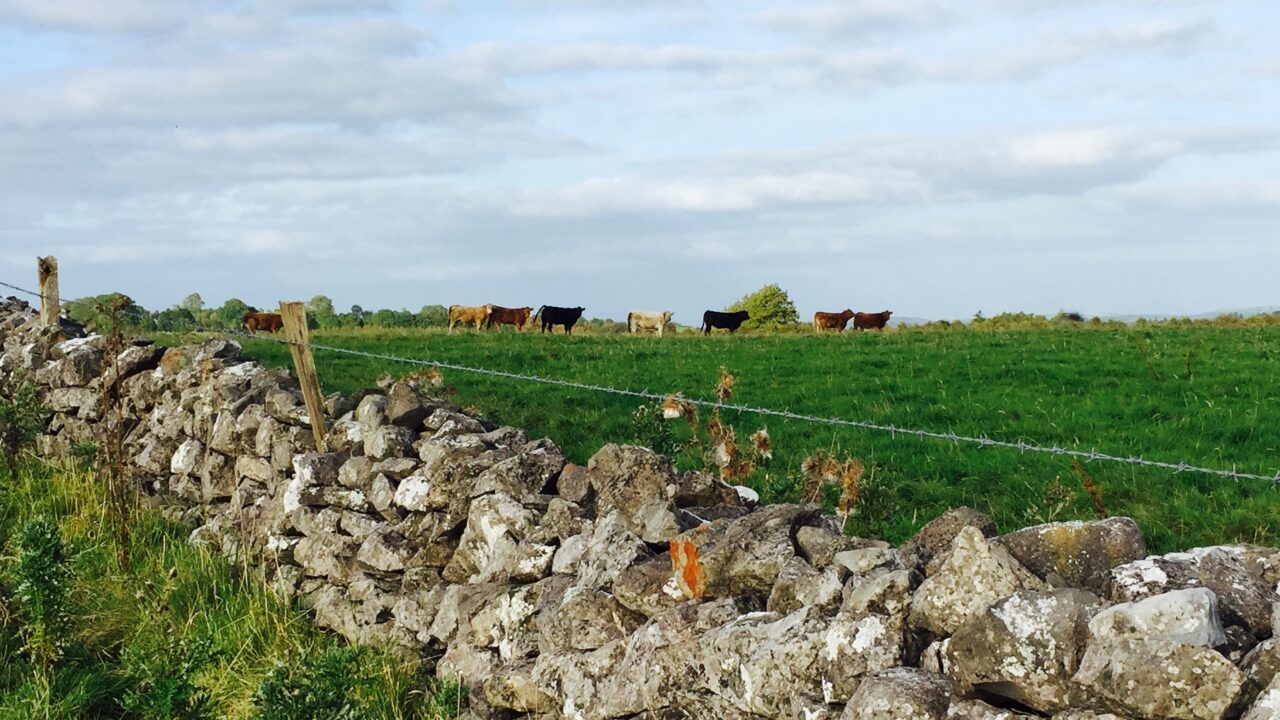The Minister for Agriculture, Simon Coveney, is being called on to reassess his most recent offer on the TB compensation scheme.
Speaking at this week’s meeting of the IFA Executive Council, Animal Health Chairman Bert Stewart said the latest offer from the Department of Agriculture in amendments to the TB compensation scheme which comes 18 months after the issue was raised with the Minister still fails to address the impact and the huge cost burden that TB controls impose on farmers.
Stewart said the Minister must intervene as a matter of urgency to address the issues identified by IFA in the detailed submissions made to him.
“All of the changes identified by IFA, which significantly reduce the burden of the TB programme for farmers, are within the gift of the Minister and can be provided within the current budget allocation.”
He said the revised changes put forward by the Department do not utilise the budget available in the programme and show no understanding of the turmoil caused by TB episodes at farm level. The rates of payment in the Programme have not changed in over 20 years and this is unacceptable.
Stewart said the proposal to pay a higher rate of income supplement of €62.50 for the months March-October and reduce back down to the existing rate of €25.39 for the remaining four months is not acceptable, unfair to farmers in different systems and grossly underestimates the actual income loss associated with the removal of dairy cows.
“Reducing the depopulation grant by €5/month for dairy cows clearly shows the lack of acceptance of the losses that farmers experience.”
The proposal to apply the 10% income supplement threshold requirement specifically to dairy cows is progress, but must be reduced further, he said.
IFA Dairy Chairman Sean O’Leary said one of the biggest difficulties TB restrictions cause for dairy farmers is the prevention of sale of calves.
He said the Department’s revised proposal to reduce the EBI co-efficient from €1.35 to 50c per unit EBI is an improvement on the original offer, but remains a retrograde step by the Department and is at odds with the strong advice given to farmers in relation to the value of EBI and its importance going forward in identifying the most productive and profitable animals.
